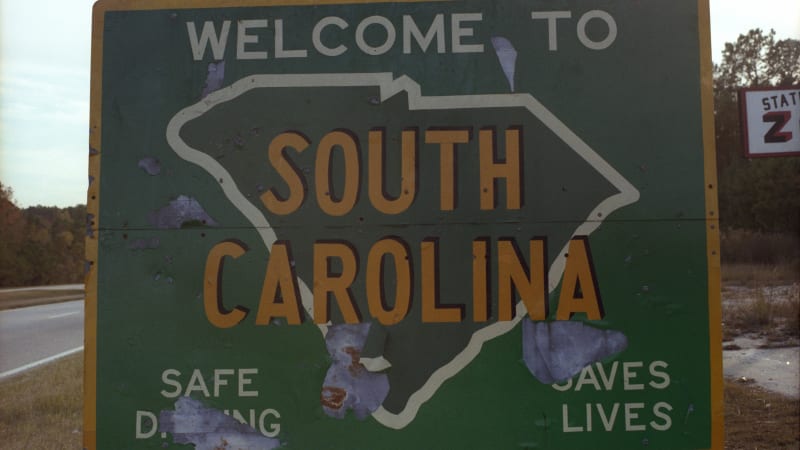South Carolina's 'Yankee Tax' would cost $500 for new residents who want to drive

As the pandemic shut everything down in 2020 and many moved to remote work, people realized that their high-priced urban homes weren’t affording them the quality of life they could get elsewhere. Thousands moved from California, New York, and other traditionally expensive areas to Texas and other states with lower taxes and cheaper housing stock. South Carolina has seen a significant influx of out-of-staters, leading the state’s legislature to take up legislation intended to make newcomers pay their fair share for infrastructure and other services.
If passed, the legislation would require new South Carolina residents to pay a $500 one-time fee to obtain a driver’s license and car registration. The state’s Senate Finance Committee approved the bill, leaving it to a vote on the Senate floor. It’s worth noting that South Carolina increased gas taxes by $.02 in 2017, which already funds infrastructure maintenance, leading some to dub this legislation the “Yankee Tax” because it targets many people moving from blue states.
State senator Stephen Goldfinch said the charge would help ensure newcomers pay to use the infrastructure that existing residents’ tax dollars had already funded. He said the fee would be similar to the charges faced by construction companies when starting a new project. Developers often pay to offset their activities’ impact on local infrastructure and utilities.
“We’re not trying to build a wall across the North Carolina border,” Goldfinch said. “But, at the same time, we think that people should have to pay their fair share when they show up.”
New residents would pay the fee with their property taxes and present the receipt at the DMV to get a driver’s license and register a car. County governments can implement the fee if voters approve during a general election, and the funds can only be used for local infrastructure and related projects.
Given the number of people moving to South Carolina – more than 129,000 in 2019 – the $500 fee could add up to big bucks. Even so, some in the state legislature are conflicted over the move, and some have raised questions about exemptions. One state senator questioned why the same tax wouldn’t be levied when registering a child for school. Another suggested that charging fees on the state’s considerable and ever-changing military population would be unfair.
Related video:







